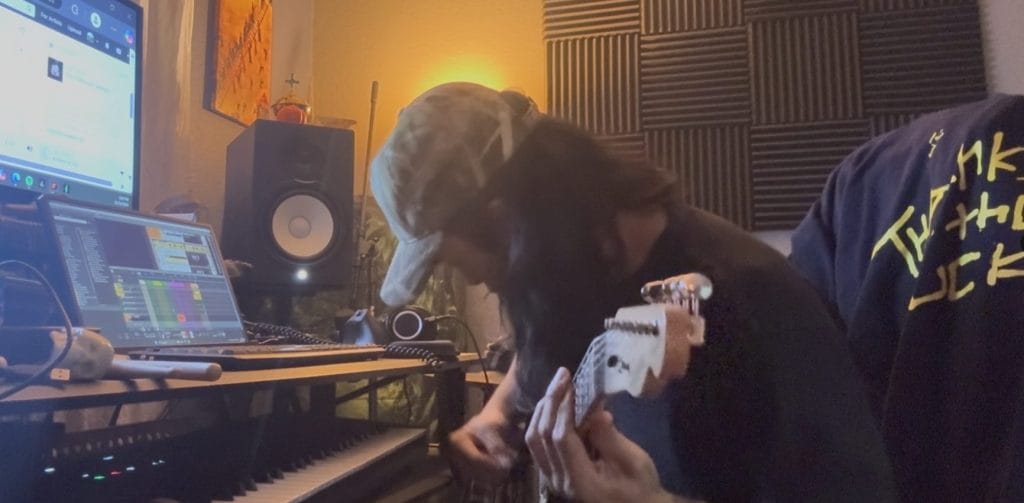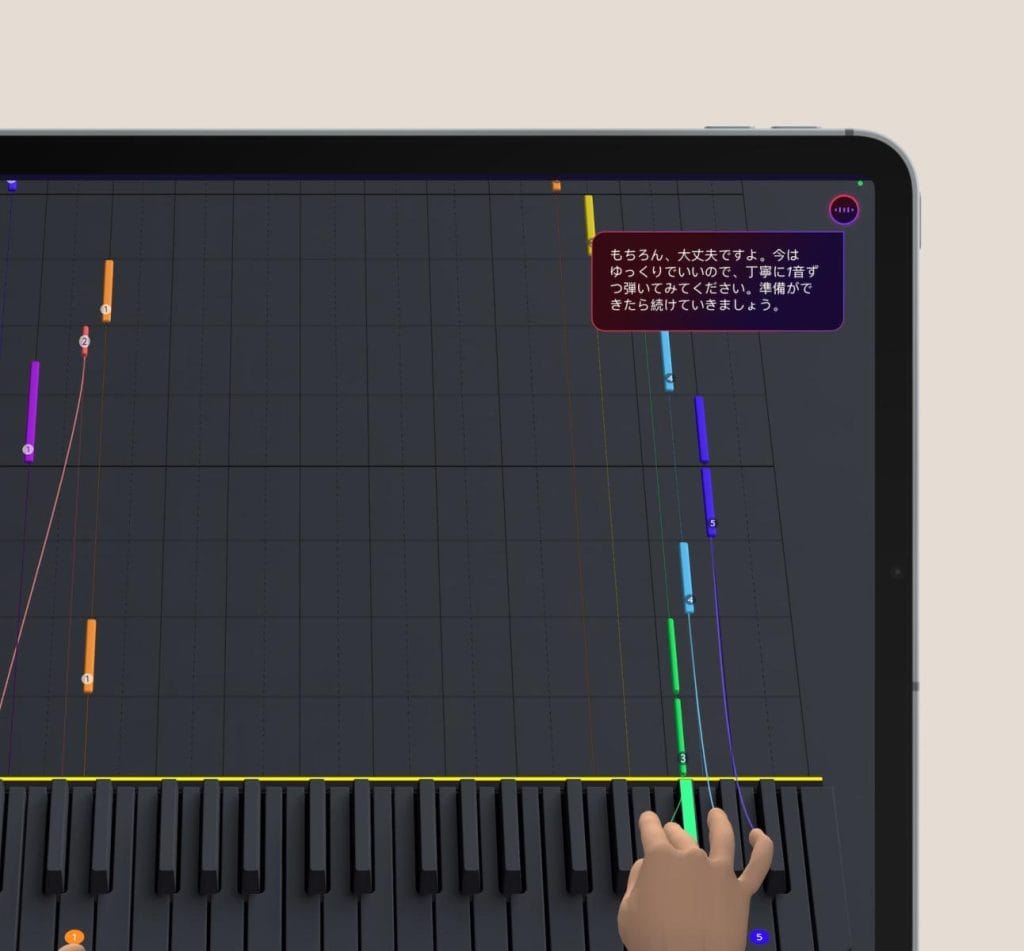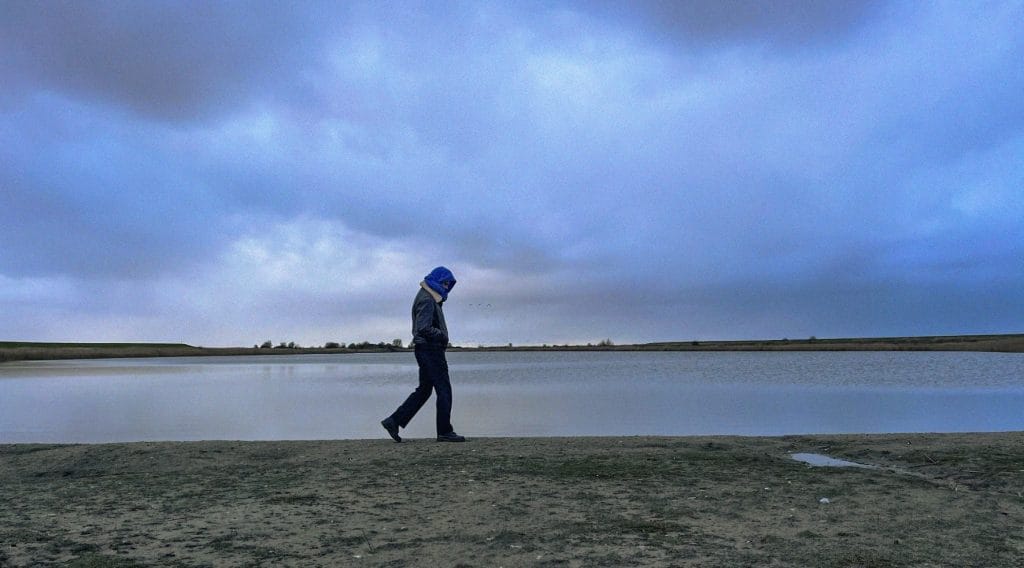After a long stretch of emotionally complex, genre-blurring singles, Quicche has released his debut album Frisia on R&S Records—a bold, patient, and deeply personal body of work. The record doesn’t chase commercial polish or trend alignment. Instead, it captures what it means to sit with discomfort, honor stillness, and rebuild from the inside out.
Written during a month of isolation in Northern Germany, Frisia channels ambient textures, folk sensibilities, and understated R&B into something that refuses to slot neatly into one box.
The process was solitary, but the outcome speaks to something collective—those quiet moments when we realize the work is done, even if it’s not perfect. In this interview, Quicche opens up about what happens after the big projects end: the space between ambition and rest, closure and curiosity.
How do you finish a track or project and let it go—even if it didn’t turn out exactly the way you pictured?
Fortunately, there usually comes a point when I realise that a project has reached its happy ending.
It’s really a feeling that comes over me, nothing tangible, and it doesn’t necessarily mean that the project is perfect on every level at that moment, but it’s exactly what I wanted to express, including all its imperfections.
After a big project wraps, what’s your process for clearing your head and resetting?
Firstly, I think it’s important to just live and enjoy life once a project is finished: meet friends, go to concerts, read books or even just spend a day in bed.
I don’t have endless creative resources, and when I realise that a project is finished, it usually means that my creative battery is drained. Accordingly, it’s important for me to take things in and soak up my surroundings so that I can ultimately be creative again.
Have you ever dragged a project out for too long and felt it slow down everything else?
I believe that a project actually slows itself down if you carry it around with you for too long.
If you can’t take the leap and keep working on a project, you eventually reach a point where you’re just adding things for the sake of adding things and ultimately not having to say goodbye. In my experience, this usually results in songs having far too many layers, with any pleasant silence being lost under additional layers of sound, or the songs sounding so overproduced that they lose their soul.
Of course, there are also other processes that can be affected by this. For example, I’m playing a lot of concerts over the next few months and I want to devote myself fully to these shows, also out of respect for the audience. If I couldn’t let go of past processes, I wouldn’t be able to.
What helps you wrap something up without getting stuck in endless revisions?
I think it’s that feeling again when I do a revision, for example, and then drag the track onto my phone and listen to it on a walk, but feel less than I did before, I know I’ve missed the boat and should go back to the previous version. And again: Maybe the new version sounds even better, the sounds are all perfectly equalised and the compression works in perfect balance, but feelings don’t care about such technical rules.
Either music touches us or it doesn’t and I try to rely on that completely.
How do you make space for new ideas once a major project is off your plate?
I usually spend several months making music without any goals. I just try things out, develop new techniques or experiment with sound before I even start thinking about a new project. This allows me to constantly reinvent myself, maintain my curiosity about music and, on the other hand, avoid the pressure of constantly writing and releasing new music.
When I’m done with this phase, it almost feels like I’ve created a whole new colour palette that I can use for my next project.
Is there a habit or mindset that helps you move on cleanly without losing your creative momentum?
I definitely try to have as much fun as possible. I think you get the best results when you can let yourself go and just follow what excites you. But I’m also a big fan of routines. Just like people go to work every day and come home in the evening, I go to the studio every day and make music. I believe that creativity is almost like a muscle that you can train, and the more experienced you are at being creative, the less likely you are to lose your creativity.
But…
There are times when I can’t be creative, you could call it writer’s block. However, I believe that in moments like these, my body or mind is simply telling me that there are more important things I need to take care of or that I should just take a deep breath. As soon as I do that and don’t pay too much attention to the feeling of blockage, creativity always comes back.
What advice would you give someone who keeps rushing into new work before actually finishing what’s in front of them?
Firstly, I believe that you should respect and value your own work. In the final stages, when it comes to finalising something, art can sometimes be extremely tedious and annoying, but out of respect for the work and all the effort you have put in up to that point, you should try to give your all in those last moments to create something that will make you happy in the long term.
In fact, it has happened to me that I have rushed into new projects and that was okay. For example, two years ago I wrote an entire EP that never came out and never will, even though I love it very much. Ultimately, the EP was a playground where I could try things out and which became the basis for further releases. But other things suddenly interested me much more, which is why I decided to move on and not keep the EP alive artificially. I think here, too, you have to get to know yourself and your own feelings well to understand when you’re just too lazy or annoyed to finish something or when it’s really okay to move on.
Now only me and a few friends know about the EP, which is kind of a nice and intimate thought, isn’t it?
The post Why Quicche sees creativity like a muscle you can train appeared first on Magnetic Magazine.






